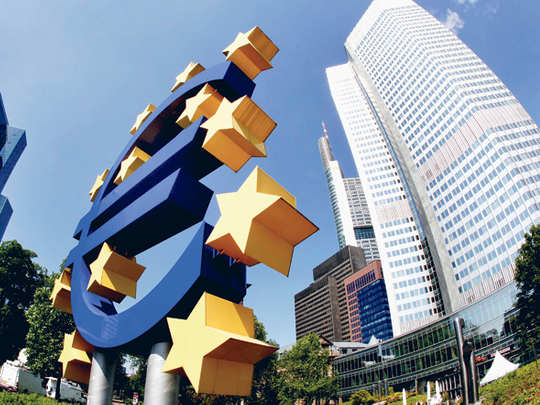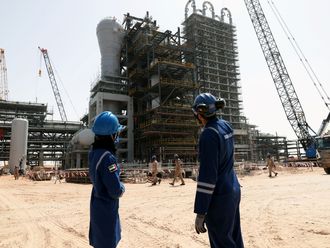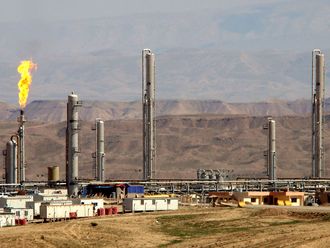
Dubai : The reluctance of Euroean Central Bank president Jean-Claude Trichet to increase interest rates in the euro zone was widely seen as a measure of caution by analysts.
"By pointing out only moderate economic expectations and fixed inflation scenarios Trichet averted any speculations on interest rate increases," said Ralf Umlauf, analyst at German Hessische Landesbank.
"In fact, we don't expect any changes in the rate policy before autumn," he added.
The ECB is trying to curb inflation by slowly withdrawing from the financial system the billions of euros it granted banks during the peak of the global financial crisis.
The low rates are meant to encourage banks to resume lending among each other to jumpstart the financial process.
"We don't expect decisions about a change in the rate policy too soon," says Uwe Angenendt, chief economist of German private bank BHF.
"The picture of what direction the economy is taking and what the inflation trend is will not be clear before March," he added.
ECB economists have predicted moderate econ-omic growth within the euro zone of 0.8 per cent in the first half of this year, in line with analysis by the influential Munich-based economic research institute Ifo and predictions by the Organisation of Econ-omic Cooperation and Development (OECD).
The OECD expects Eur-ope's recovery to be hesitant, but there will be "no relapse into recession."
Besides this, the US dollar-euro rate remains a hot topic among experts.
Bullish analysts say that an improving US economy will trigger a strong recovery of the dollar in 2010, but others say they expect the opposite and see the dollar rate to the euro soon at $1.60, its all-time high last year.
If the dollar remains bearish, the euro will be able to benefit from its current rate advantage of 0.75 percentage point versus the dollar, which makes investment in the euro zone more attractive and supports the euro's strength.
But if the Federal Reserve increases interest rates faster than expected, the euro zone is likely to come under pressure, which might endanger the current balance of its fiscal policy.
However, analysts who are bullish on the dollar are betting on a Fed rate increase not earlier than the middle of this year.












